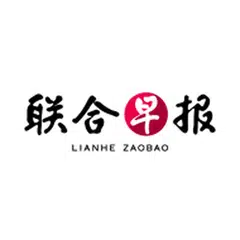
China Desk, Lianhe Zaobao
China Desk, Lianhe Zaobao
Lianhe Zaobao is a Chinese-language broadsheet published by Singapore Press Holdings. It was established in 1983, following the merger of Nanyang Siang Pau and Sin Chew Jit Poh, which were started in 1923 and 1929 respectively. It offers timely, credible news reports and a wealth of features, commentaries and opinion pieces. With a Singapore perspective, it also provides news and valuable insights on developments in East Asia, particularly China. In 1995, Lianhe Zaobao became the first Chinese-language newspaper in the world to go online with its portal zaobao.sg. The website has now grown into two sites - zaobao.com to cater to its readers in the greater China region, and zaobao.sg for readers in Singapore and elsewhere.The paper has correspondents in Beijing, Chongqing, Shanghai, Guangzhou, Hong Kong, Taipei, Seoul and Tokyo, and experienced stringers in the Philippines, Japan, Europe and the US. It is one of the few foreign-owned Chinese-language media that is accessible online in China. Zaobao.com has an average of 5 million unique visitors per month, and a monthly pageview count of 100 million in China. The print edition of Lianhe Zaobao is also circulated in Indonesia, Brunei, Hong Kong, Vietnam and major cities of China like Beijing and Shanghai.